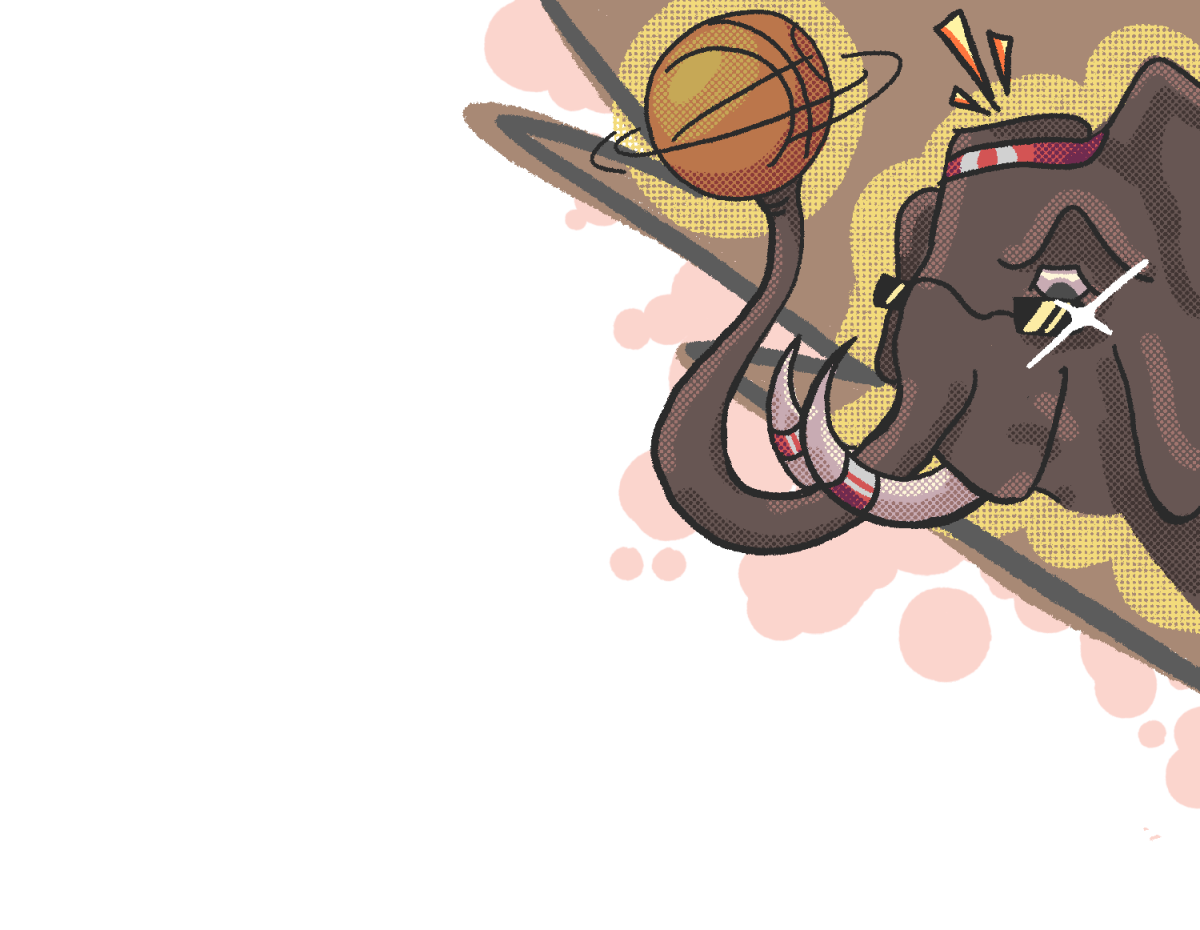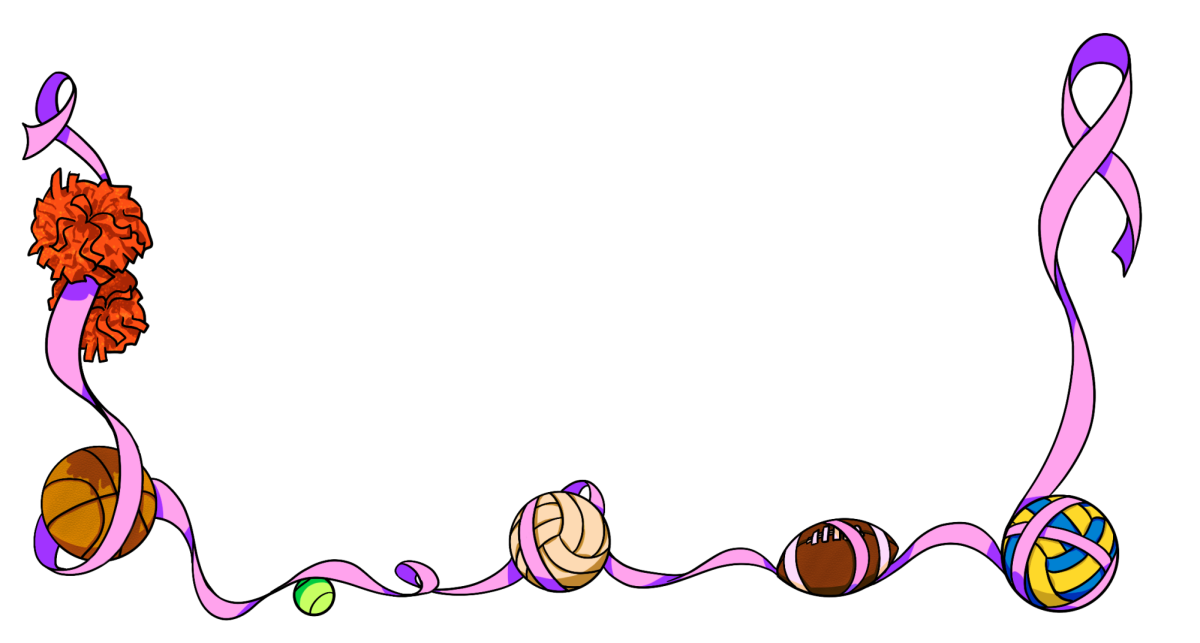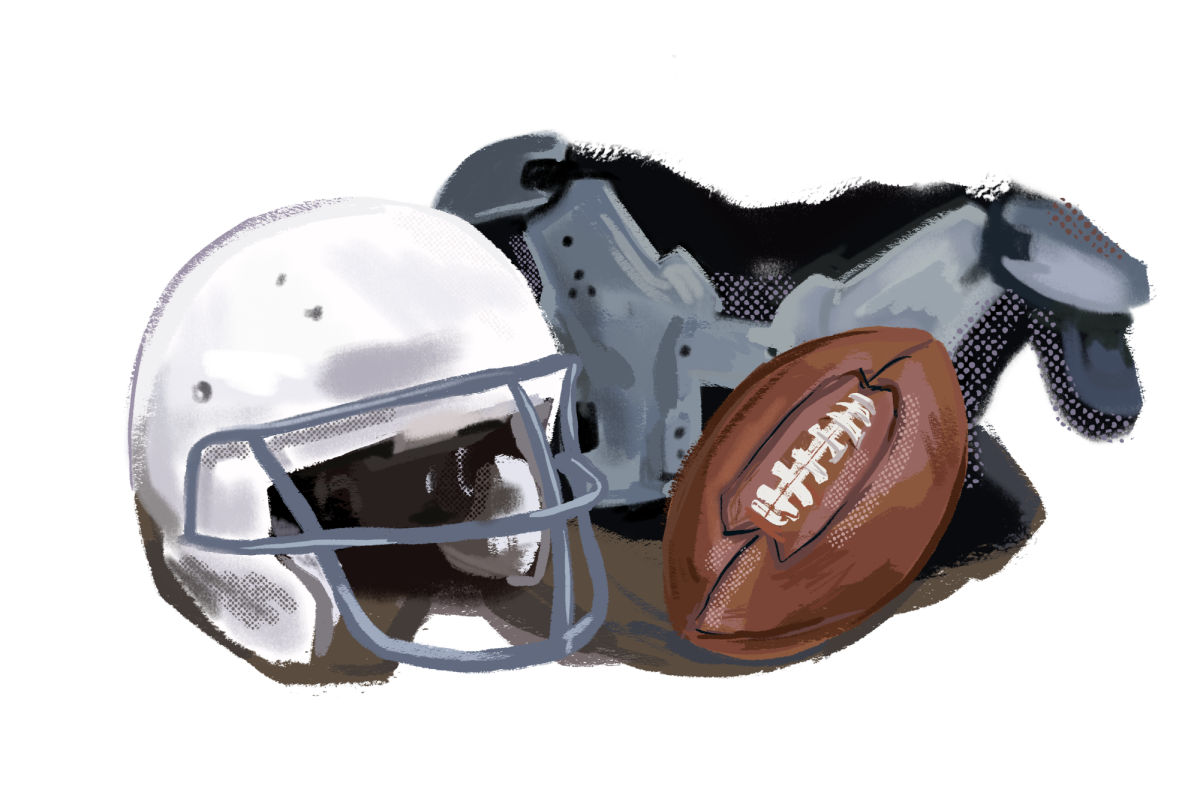Written by Kaya van der Horst
In the past two years, senior Thomas Burton has consistently placed top 10 in multiple triathlons—a race involving the sequential completion of swimming, cycling and running. The most impressive part of it all? Burton is a plant-powered athlete, disproving the common misconception that vegans can’t be high-performing athletes.
While most of us are still sound asleep at 6 a.m., Burton would already be awake for half an hour, getting ready to train in the pool. He trains at least three hours a day and picks two sports to train for—swimming in the morning, and then either biking or running after school.
Burton originally started competing in triathlons the summer after sophomore year. “I did a mini kids [triathlon] when I lived in China, and then I didn’t do one again until two summers ago,” he said. “I discovered that it was really fun and encompassed all the three sports I was into: cycling, swimming and running.”
Burton had always been a runner and swimmer, participating in swim, cross country and track and field. An injury, however, prompted him to turn to cycling as a low-impact sport. Now, Burton regularly participates in sprint triathlons—a race in which he must swim 0.5 miles, cycle 20 kilometers and run five kilometers.
As for his plant-based diet, Burton became fully vegan midway through sophomore year. “Basically, there was a girl on the cross country team who was vegan and that sparked my interest,” he said. “I asked myself, ‘Is this worth looking into?’ and then I remembered that my dad had gone vegan a long time ago.” Burton then received a book from his father about a study showing the correlation between animal products and certain diseases.
Despite viewing veganism as the “logical thing to do” after having read the book, Burton didn’t fully convert until after he came across videos about animal cruelty. “After that, I just went vegan overnight,” he said. Burton’s environmental, health and ethical concerns are the three main pieces driving his decision. “Those pieces just all clicked together and I felt like I should become vegan,” he said. While he had a very abrupt transition, Burton advises prospective vegans to transition gradually. “I just did it overnight, but I don’t think that’s the right thing for everyone who plans to go vegan,” he said.
Burton initially relied on himself to make diet-specific meals. “At first my mom was really resistant to the idea of me being vegan and she was like, ‘I’m not going to cook for you anymore, you can’t be vegan,” he said. Now, Burton’s whole family has embraced the vegan lifestyle. “My mom still makes the old recipes she used to make but vegan—they’re really delicious,” he said.
Almond milk replaces cow milk, while vegetable-oil-based butter substitutes normal butter, allowing him to consume smoothies and mashed potatoes just as before. Some of Burton’s typical meals include toast with peanut butter and a banana for breakfast, followed by leftovers for lunch. For dinner, meals may include rice with vegetables and tofu, pasta or vegetable lasagne. “Some vegans want to go the really expensive route, or there’s this misconception that being vegan is really expensive, but if you look at what I eat in a day, I don’t only go to Whole Foods and buy juices,” he said.
Although Burton’s vegan diet may not necessarily be more expensive, it has proven difficult while travelling for competitions. “When I was racing during the summer and went to the Midwest like Ohio and Illinois, they did have vegan options, but not in the way that the Bay Area does,” he said. “Vegan options are probably going to improve, but right now travelling is not ideal.”
Ultimately, Burton believes that going vegan has been a beneficial choice. “Immediately after I became vegan, I noticed better muscle recovery and wasn’t feeling as sore,” he said. “Being vegan isn’t only about food—it’s about choosing the ethical option that doesn’t hurt animals or harm the environment.”





















